The recent CBA games have left me with four words to describe my feelings: angry and awkward. Why angry? The games have lost their essence! Diving, flopping, malicious fouls - it's like an "Oscar-worthy performance" scene, where the games lack passion and even become laughable. Is this basketball court for playing or for showcasing acting skills? And why awkward? We were expecting intense matchups and tactical brilliance, but what happened? The referees' whistles are incessant, and the games are disrupted by various unsightly actions. If we continue like this, not only will the games' appeal plummet, but the league's reputation will also be at risk.
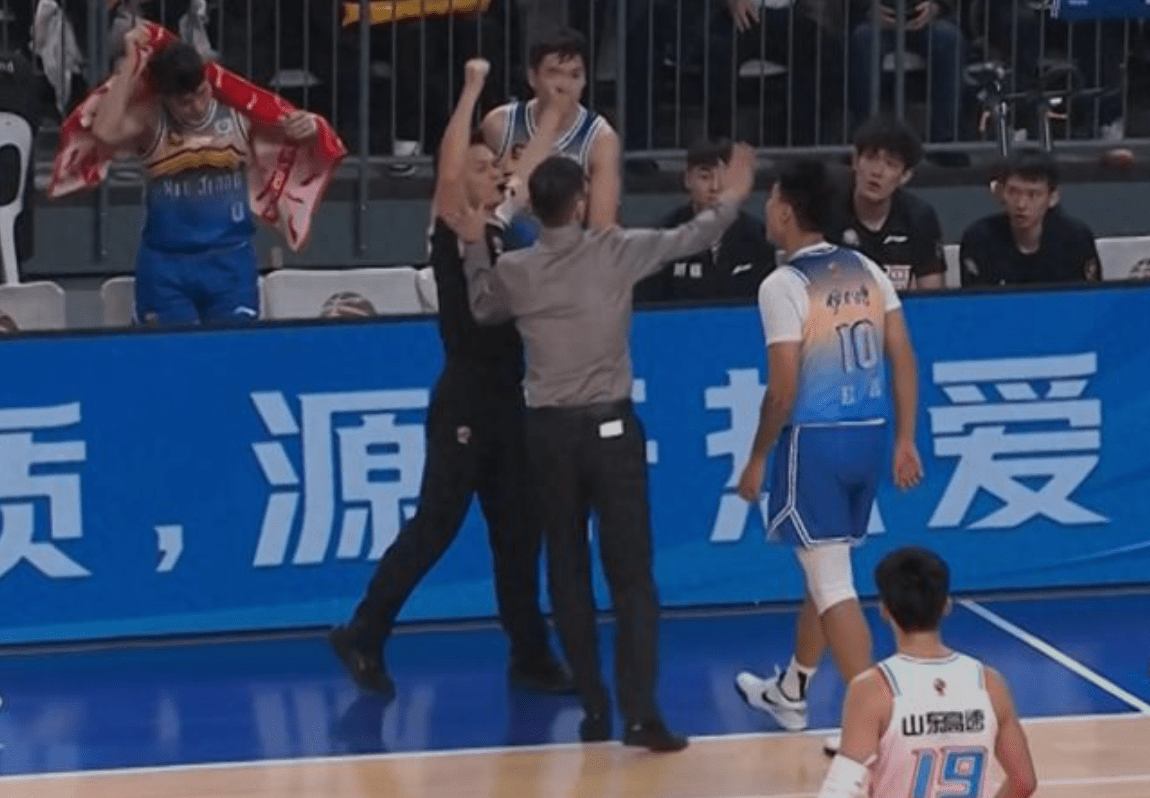
This wave of "foul fever" naturally makes Zhao Rui a hot topic. In a game between Guangdong and Shandong, Zhao Rui, dissatisfied with the referee's decision, directly collided with the referee and threw a towel. This behavior stunned not only ordinary viewers but also live commentators. As a result, the Chinese Basketball Association (CBA) handed down a punishment: a five-game suspension plus a 100,000 yuan fine.

Basketball enthusiasts might feel a jolt upon hearing this punishment. If such behavior occurred in an international league like the NBA, Zhao Rui could face a year-long suspension or even career implications. But what is the CBA's stance? It seems akin to a parent telling a child who has made a mistake, "This time, you're just punished by not having dinner!" Some netizens jokingly comment: With such lenient punishment, isn't it just encouraging him to "do it again next time"?
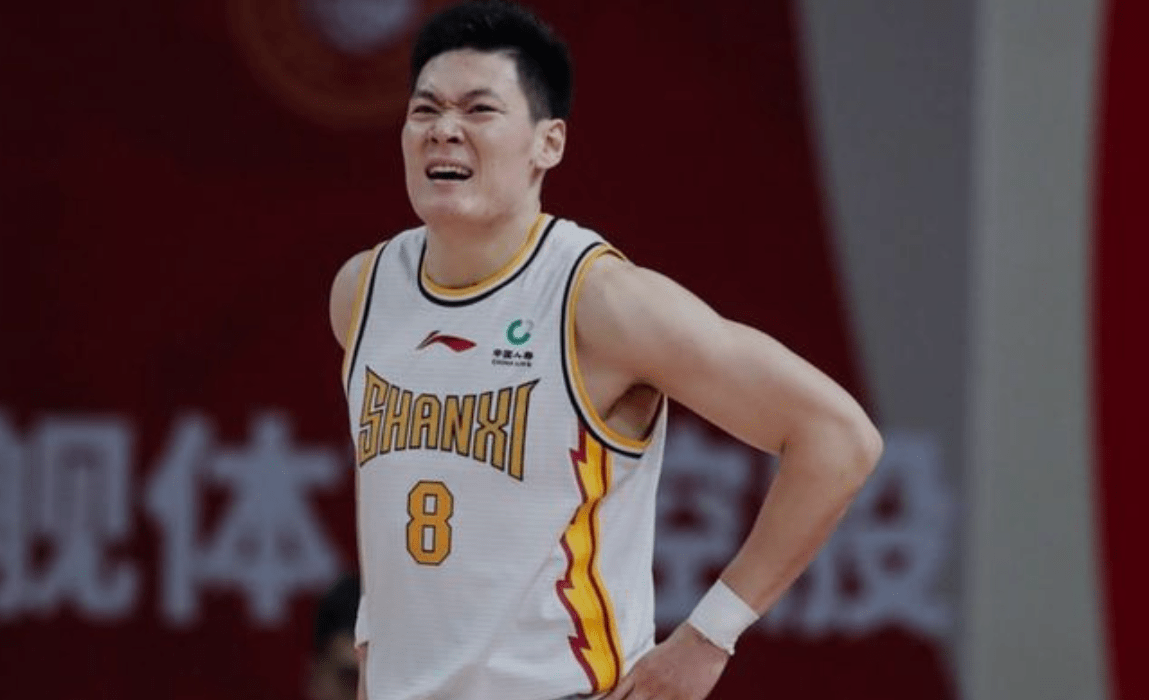
In fact, fans are no strangers to Zhao Rui's regular-season performances. He is fast, strong individually, and one of the core members of the Guangdong team. One would think that such a rising star should not let emotional issues tarnish his professional image. However, such a collision has crossed the basic底线of sports competition. If such punishment fails to provide sufficient warning to players, there is concern that more people might follow suit.
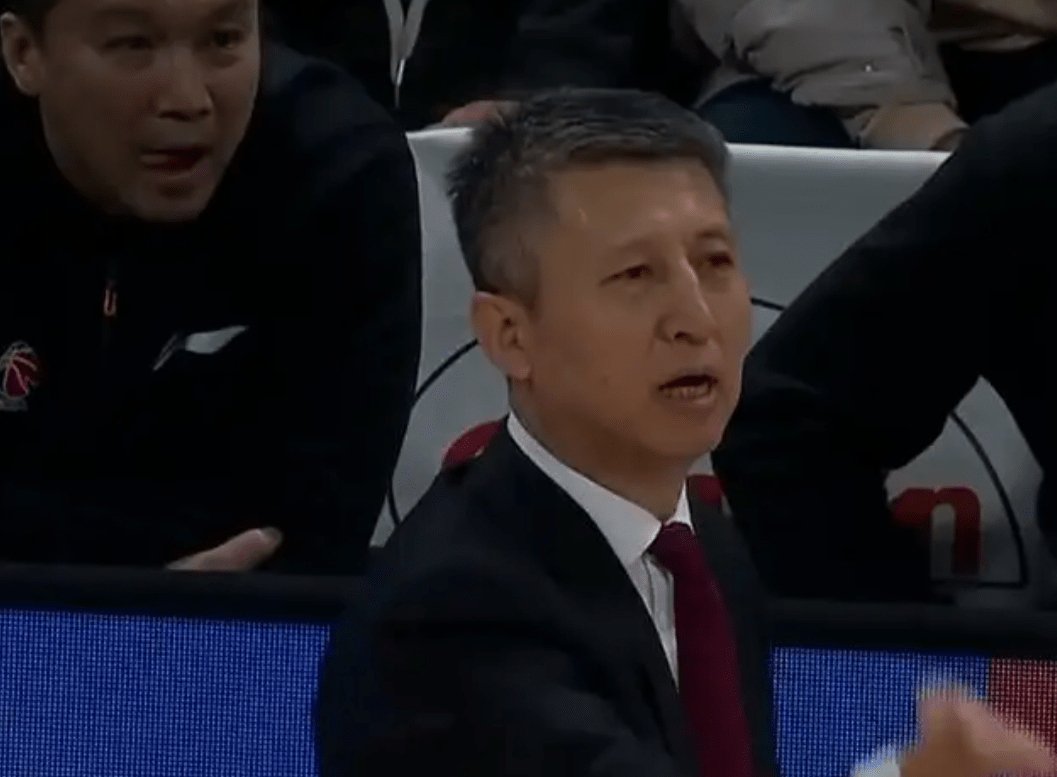
If someone has become a target due to "dirty actions," it must be Zhang Ning from Shanxi team. Fans have labeled him as the "new tough guy," which may seem overly emotional, but Zhang Ning's violations on the court are numerous. For example, in a game between Shanxi and Jiangsu teams, his foul was both obvious and vicious, directly causing the opponent to fall. His performance not only received a named criticism from the basketball association but also faces the possibility of additional penalties.
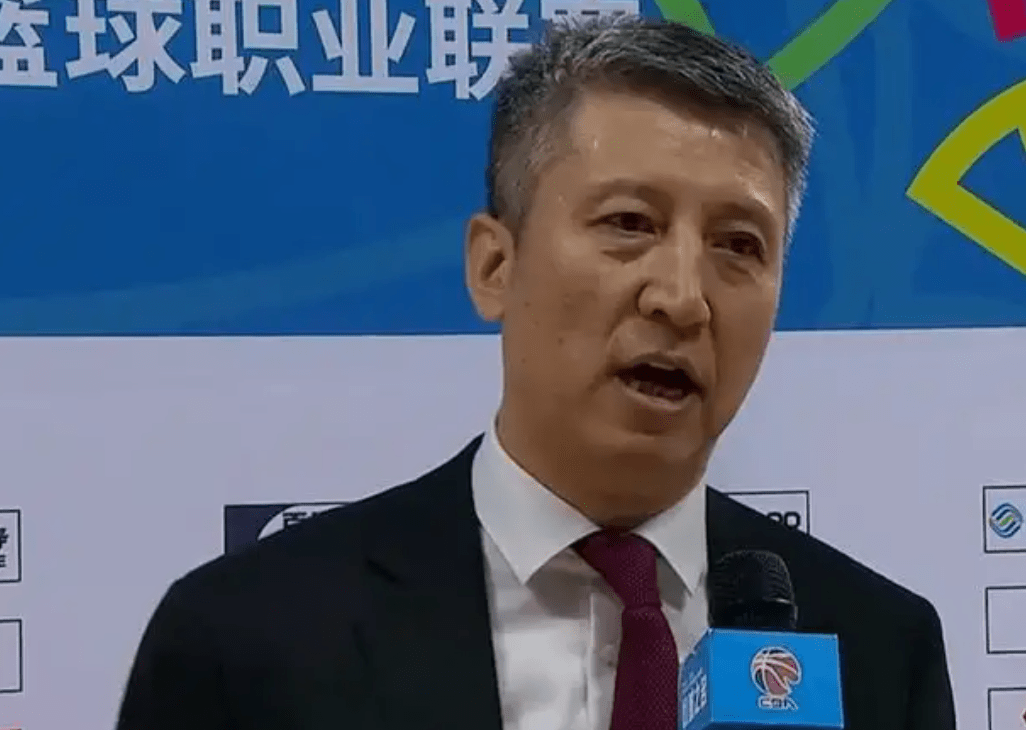
But what's more disheartening is that this is not just Zhang Ning's problem; it's a reflection of a phenomenon. Statistics show that teams like Shanxi, Jiangsu, and Shandong rank high in violations and technical fouls. Apparently, in some teams' tactical systems, they seem to prefer using physical confrontations to gain advantages rather than precise tactics to win. Some netizens bluntly commented, "Watching these games feels like watching sanda."
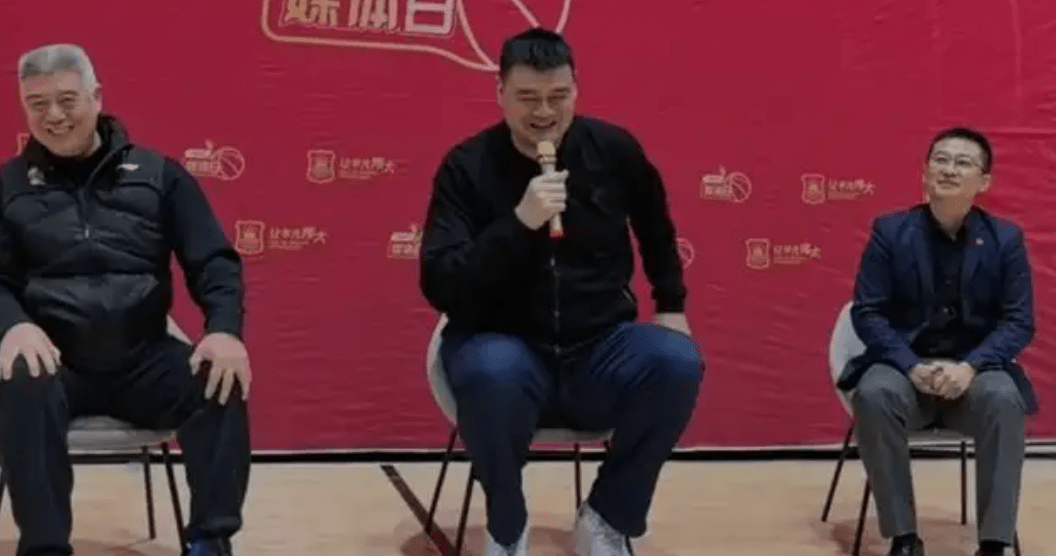
We do not deny that confrontation is part of basketball, and sometimes physical conflicts can ignite the passion of the game. But when malicious fouls and "dirty actions" become common practices, what's the point of the game?
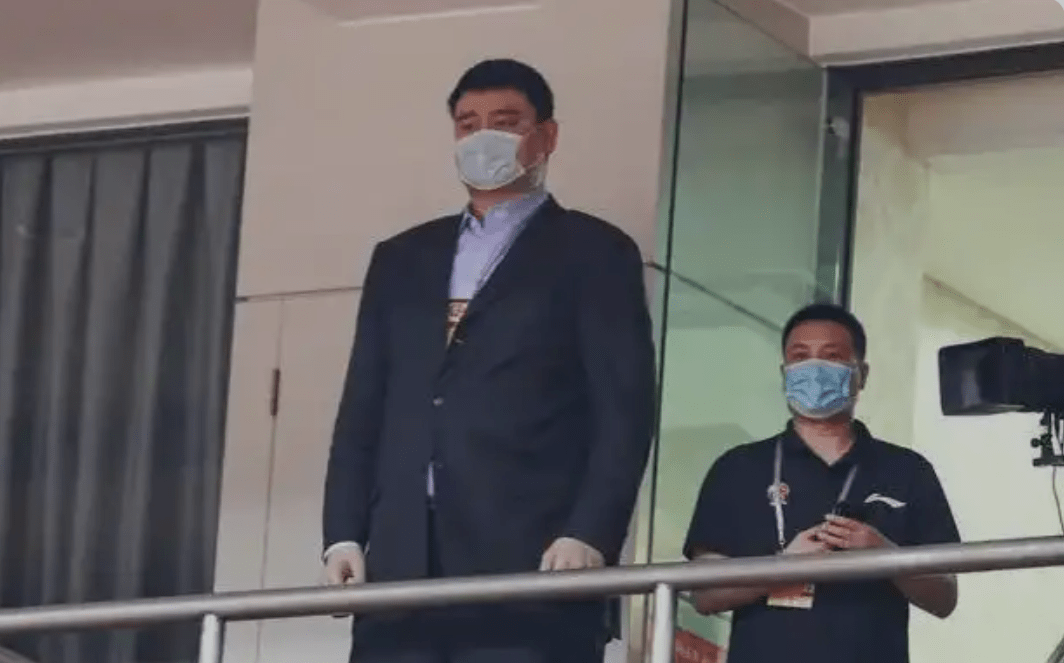
If "dirty actions" directly affect the safety of opponents, then diving and flopping silently steal the fairness of the game. Many fans and coaches detest the diving phenomenon, and some coaches even publicly call certain players "movie stars." Diving disrupts the rhythm of the game and sometimes even interferes with the referees' decisions.
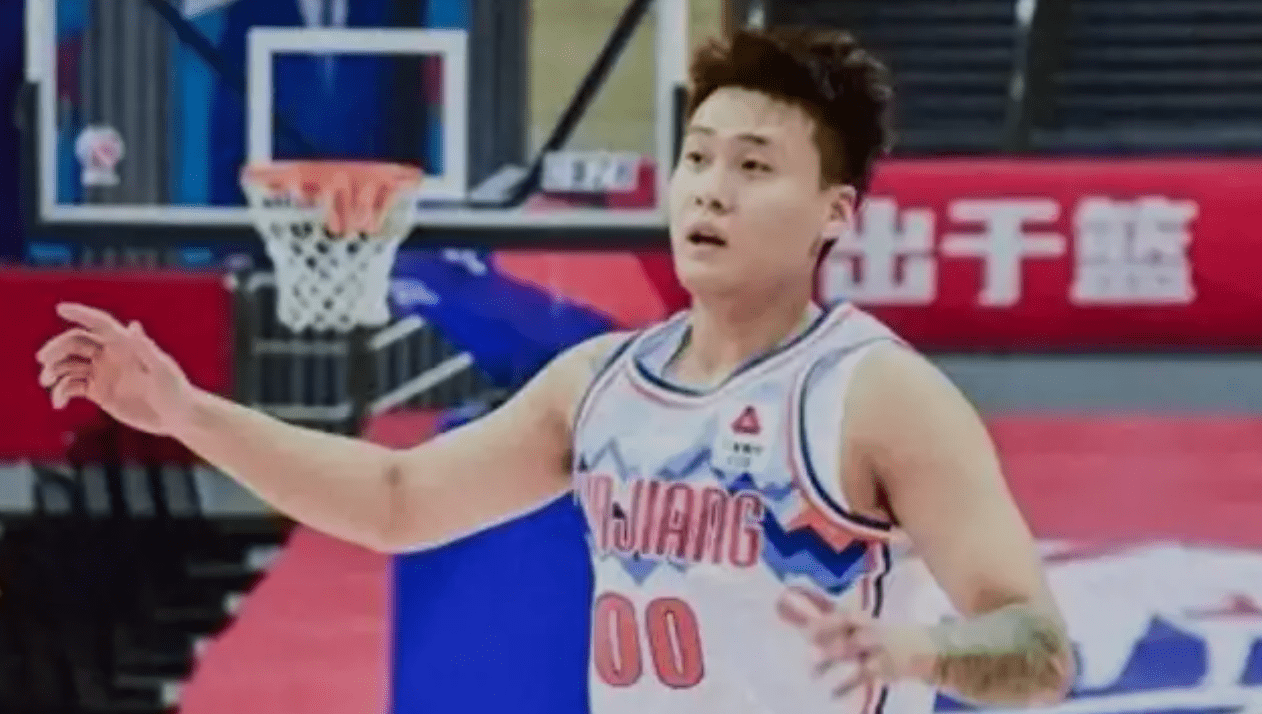
The purpose of diving is simple: to create opportunities for their team or get the opponents into trouble. This sounds like a well-planned little conspiracy, and it has indeed become a "tactical credo" for some teams. If diving successfully attracts the referee's penalty, it could be a chance to turn the game around; if caught by the referee, it becomes a laughingstock.
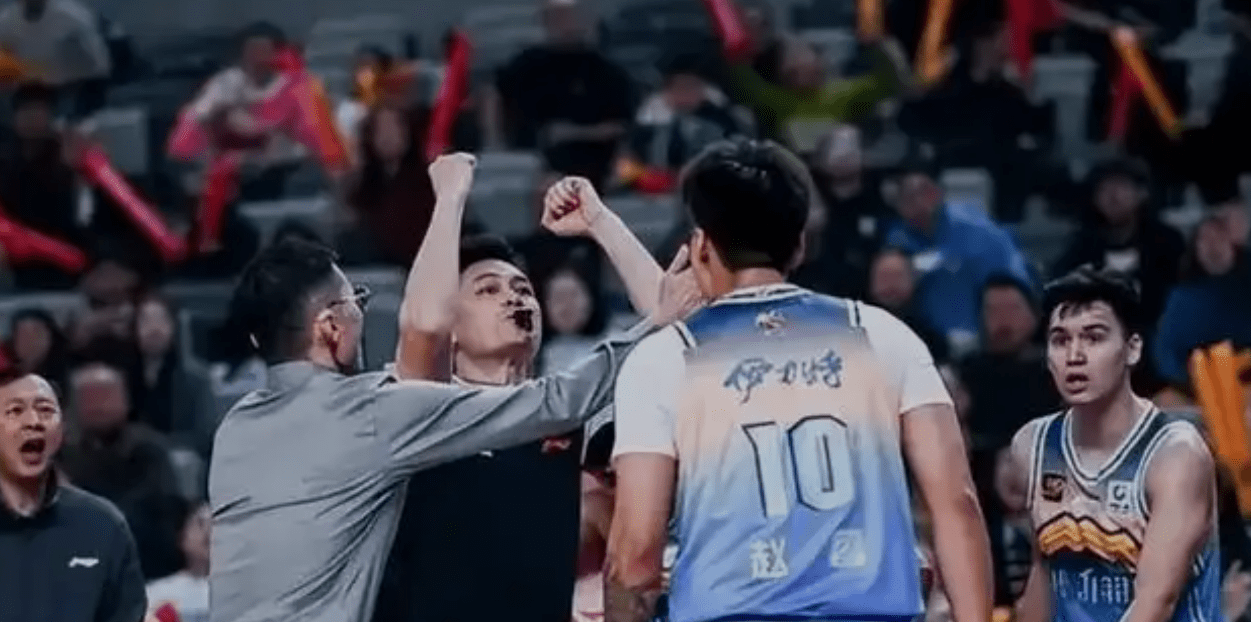
In fact, the international basketball community takes diving very seriously. The NBA introduced a special penalty system years ago, where players caught diving would receive additional technical fouls or fines. In contrast, the CBA's approach to managing diving seems too lenient, with most instances going unpunished and even adding unnecessary "drama" to the games. Therefore, some fans jokingly complain, "I'm watching 'happy' basketball because I get both the game and accompanying skits!"
So, the question arises: With the prevalence of the "foul wave," do the referees also bear responsibility? This leads us to the controversies surrounding CBA referees in recent years. Missed calls and inconsistent standards are often criticized. Taking Zhao Rui's incident as an example, some viewers believe that the referees' enforcement on the court is too weak, leading to the loss of control on the field.
In recent years, the CBA has attempted to introduce more standardized management models, such as professional training for referees and holding referee management meetings. Unfortunately, these efforts have not shown significant effects in actual games. The execution of rules targeting diving and violations is too soft, making it easier for players and coaches to exploit loopholes for competitive advantage.
Ultimately, if the referees cannot elevate the management of court discipline to international standards, perhaps the "foul wave" will not recede but instead continue to spread.
In response to the continuous controversies on the court, the Chinese Basketball Association has quickly reacted. It is reported that they specially convened a referee management meeting to focus on discussing the control of "dirty actions," "diving," and other behaviors. Obviously, the basketball association realizes that if not stopped, this bad trend on the court will destroy the CBA's reputation.
Moreover, the basketball association mentioned that new playing rules might be introduced, such as adopting the NBA's technical foul punishment mechanism for diving and increasing the pursuit of penalties for violations. These measures sound promising, but their execution and effectiveness clearly need time to be tested.
Rather than acting, what fans truly want to see is players deciding victories with their abilities, not through performances or brutal confrontations to grab attention. What is the core of the basketball court? It's fairness, respect for skills and tactics! Whether "tough guys" or "movie stars," they are destined not to win the hearts of the audience. Let's all look forward to the day when CBA games can have less "theater" and more real basketball.
(Disclaimer: The processes and images described in the article are sourced from the internet. This article aims to promote positive social energy without vulgar or inappropriate content. If there are copyright or personal infringement issues, please contact us immediately, and we will delete the content in the first place! If there are any questionable parts of the event, we will delete or make changes after contacting.)